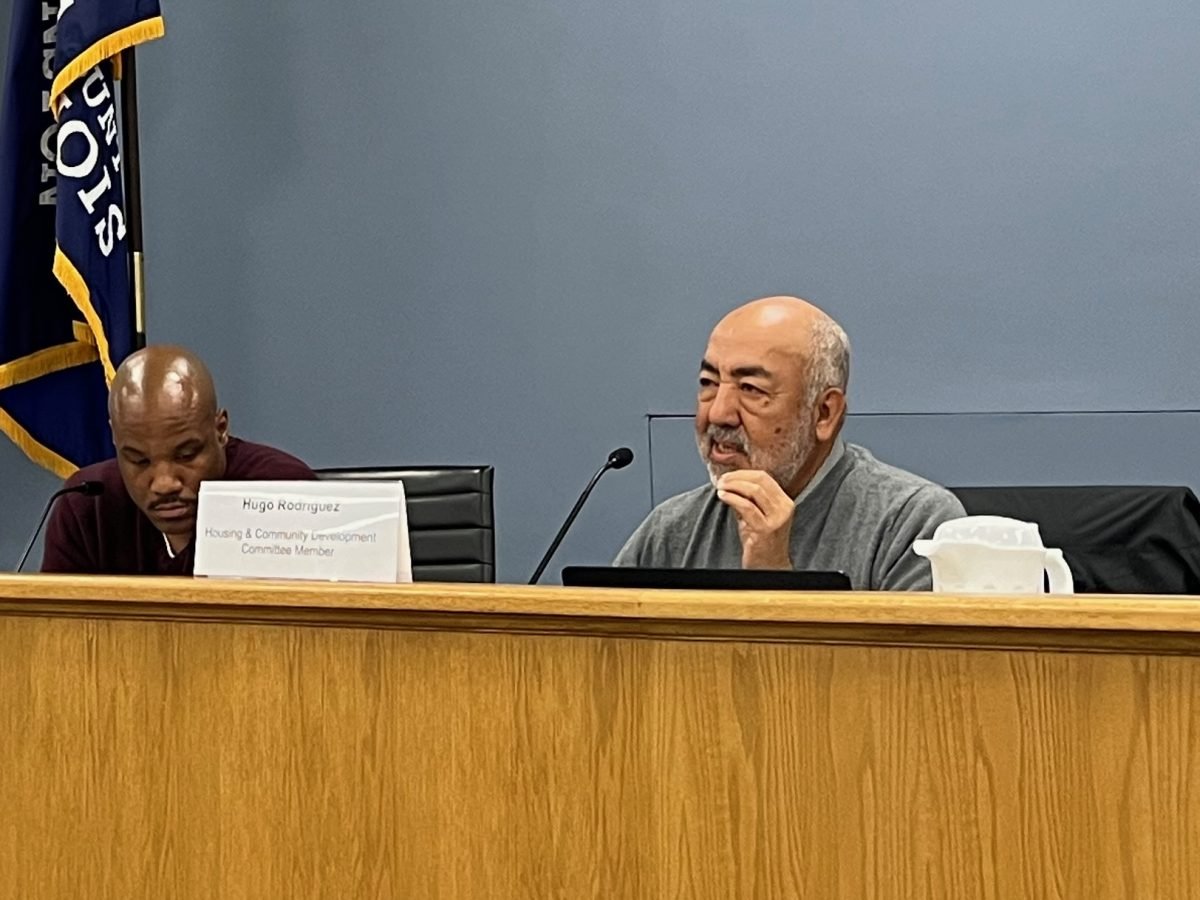The Evanston Housing and Community Development Committee voted 4-1 to repeal and replace the Inclusionary Housing Ordinance at its Tuesday meeting.
The proposed IHO applies to housing developments that allot at least 15% of its units as low-income households, an increase from the current minimum of 10%.
Uri Pachter, the city’s senior housing planner, said the original version required developers to sell inclusionary units before or at the same time as market units. Now, developers only need to make inclusionary units “available” before or simultaneously with market units, he said.
The city currently has 64 total inclusionary units with varying levels of affordability.
Pachter said the revision offers sellers more flexibility in an unpredictable market.
During public comment, Evanston landlord Tina Paden said the city does not meet the needs of those who provide affordable housing, like herself. She said Evanston makes luxury housing a “priority.”
“When I want help, I can’t get help,” Paden said. “But restaurants get help. Retail space gets help. Developers get higher and taller buildings, and then they give you five or 10 units, and somehow that’s okay.”
HCDC member Hugo Rodriguez voted against the revised ordinance.
He said he supported many of its points but wanted to further discuss its potential consequences, including the deficits cheaper housing incurs.
“Somebody is going to have to pay, and basically it’s going to be the rest of Evanston carrying that burden again, on our taxes,” Rodriguez said.
The Cook County Affordable Housing Special Assessment program currently offers tax incentives for developers who make 15%, 20% or 35% of their units affordable housing units. Research conversations about the IHO from spring to summer 2024 showed “strong support” for the program. The city also offers incentives such as reduced parking requirements and zoning bonuses.
Ald. Bobby Burns (5th) said if the county incentive did not exist, developers may not want to comply with the ordinance’s increased minimum.
Earlier in the meeting, the committee discussed the highlights report for the Metropolitan Tenants Organization, a group that advocates for safe and affordable housing.
Burns said to increase outreach, MTO representatives should hold in-person office hours again in Evanston.
“Location is critical,” Burns said. “I’m not sure even if the Civic Center, honestly, is the best place. I just think it’s better than the library, so it seems more official and connected to the city, but it’s probably best to make it as easy and unintimidating as possible for somebody.”
The HCDC also heard an update on the Green Homes pilot program, which provides home rehab services to income-eligible households.
Shavion Scott, the managing director of urban resilience at the Center for Neighborhood Technology, said the organization prioritizes affordability and climate. While the Green Homes pilot program is currently focused on outreach and expansion, it has begun contacting contractors, Scott said.
Scott said the organization’s “first source” for the job will be contractors the city has worked with in the past.
The new IHO will move to City Council by the end of the year.
Email: [email protected]
Related Stories:
— Tenants and landlords discuss proposed changes to housing ordinance at special committee meeting
— Housing and Community Development Committee considers landlord-tenant ordinance updates






